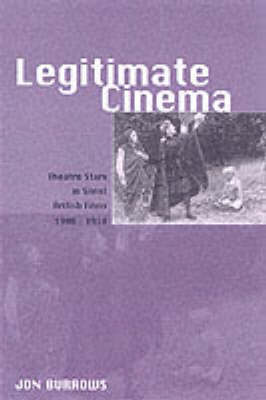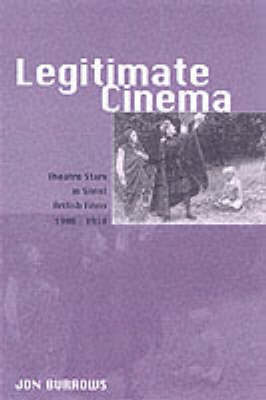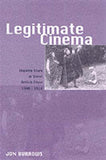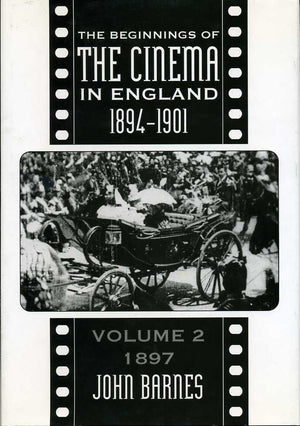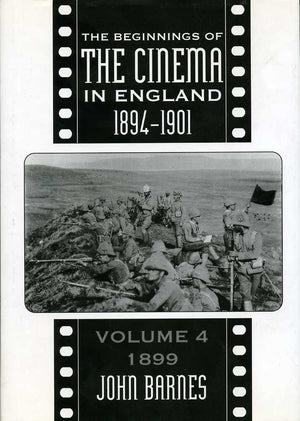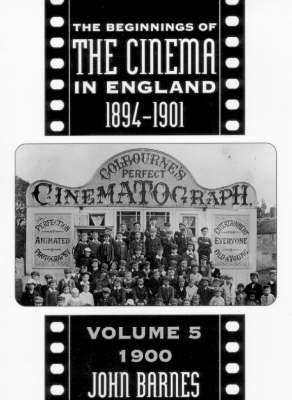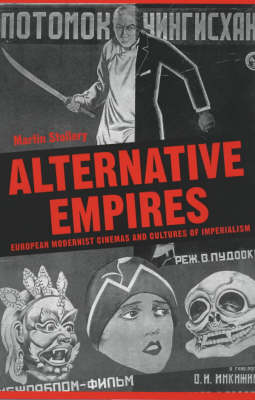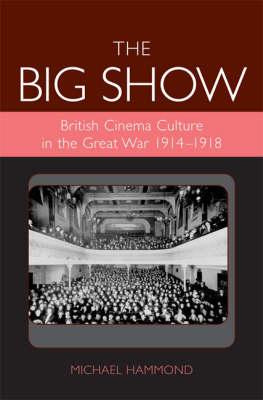University of Exeter Press
Legitimate Cinema
Theatre Stars in Silent British Films, 1908-1918
- 288 Pages
This is the first new book-length study of British cinema of the 1910s to be published for over fifty years, and it focuses on the close relationship between the British film industry and the Edwardian theatre. Why were so many West End legends such as Sir Herbert Beerbohm Tree and Ellen Terry repeatedly tempted to dabble in silent film work? Why were film producers so keen to employ them? Jon Burrows studies their screen performances and considers how successfully they made the transition from one medium to the other, and offers some controversial conclusions about the surprisingly broad social range of filmgoers to whom their films appealed.
This is the first new book-length study of British cinema of the 1910s to be published for over fifty years, and it focuses on the close relationship between the British film industry and the Edwardian theatre.
"This study of theatre-film relationships and acting practices in the teens offers a major contribution to British film history, rigorously grounded in empirical research, compellingly argued and engagingly written . . . It will make an invaluable contribution not only to knowledge of the silent period of British filmmaking, but to the increasing interchange between film and theatre scholarship." (Professor Christine Gledhill, Staffordshire University) "This book is well researched and makes an important intervention in the field. It will be of interest to theater historians, film historians and cultural historians interested in British audiences and popular amusements in the early twentieth century." (Professor Lea Jacobs, University of Wisconsin-Madison) "Jon Burrows is destined to become a significant figure in Film Studies in the UK. His research on theatre acting and silent British cinema is of the highest possible order and he is an assured and engaging writer." (Professor Andrew Higson, University of East Anglia) “This is a fascinating piece of detective work that at least recognizes the many good things that came out of the British film industry during this period. *****” (Film Review, September 2003) “Legitimate Cinema is a well-researched, highly readable contribution to film history and to the discussion of its relationship with congruent areas of cultural activity. It is amply illustrated, drawing upon film stills, …the trade press and general press.” (Journal of British Cinema and Television, Vol. 1, No 1) “Film historiography has rarely been so detailed, fascinating, and enjoyable, especially in articulating national cultural values through a country’s performance arts. Summing up: Highly recommended” (Choice, February 2004)
List of Illustrations, vii; Acknowledgements, ix; Introduction, 1; 1. 'Only in England is Such Characterisation Possible': Class, Taste, National Values and the Edwardian Stage Actor, 27; 2. British 'Films d'Art': Theatre Stars in Transitional Cinema, 1908-1911, 43; 3. Patterns of 'Convergence' in Pre-war Entertainment: Legitimate Actors in Music Halls, 90; 4. Lost in the Translation: The Troubled Reception of Forbes-Robertson's Hamlet (1913), 112; 5. Transferable Skills: The Edwardian Character Actor on the Screen, 141; 6. 'The Whole English Stage To Be Seen For Sixpence': Ideal's 'High-Class' Wartime Films, 180; Conclusion, 225; Notes, 232; Bibliography, 263; Index, 273.
Couldn't load pickup availability
